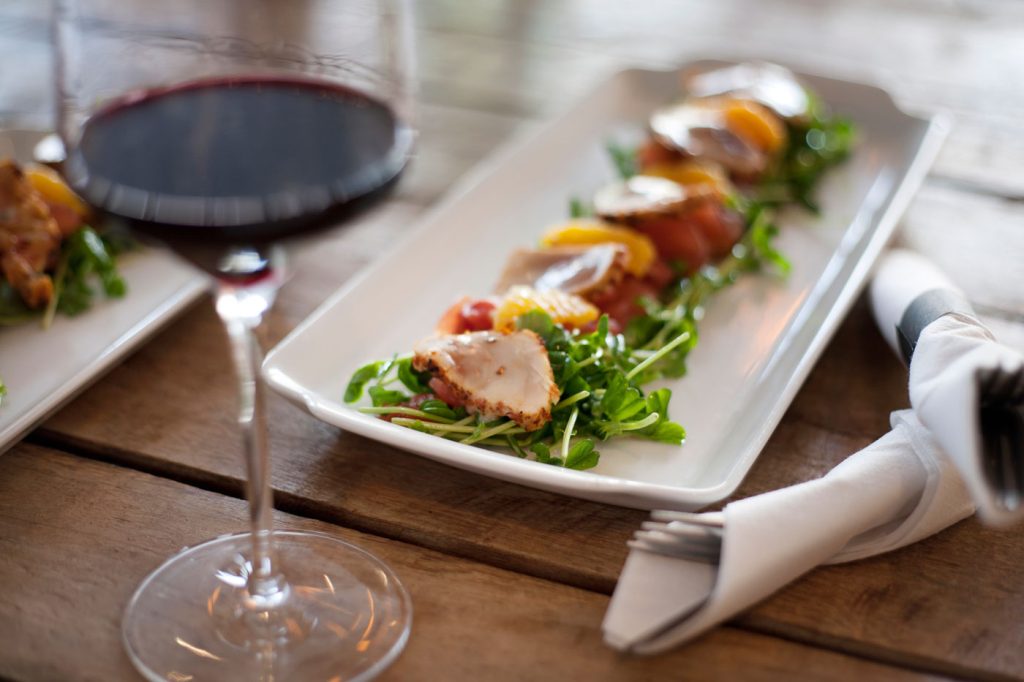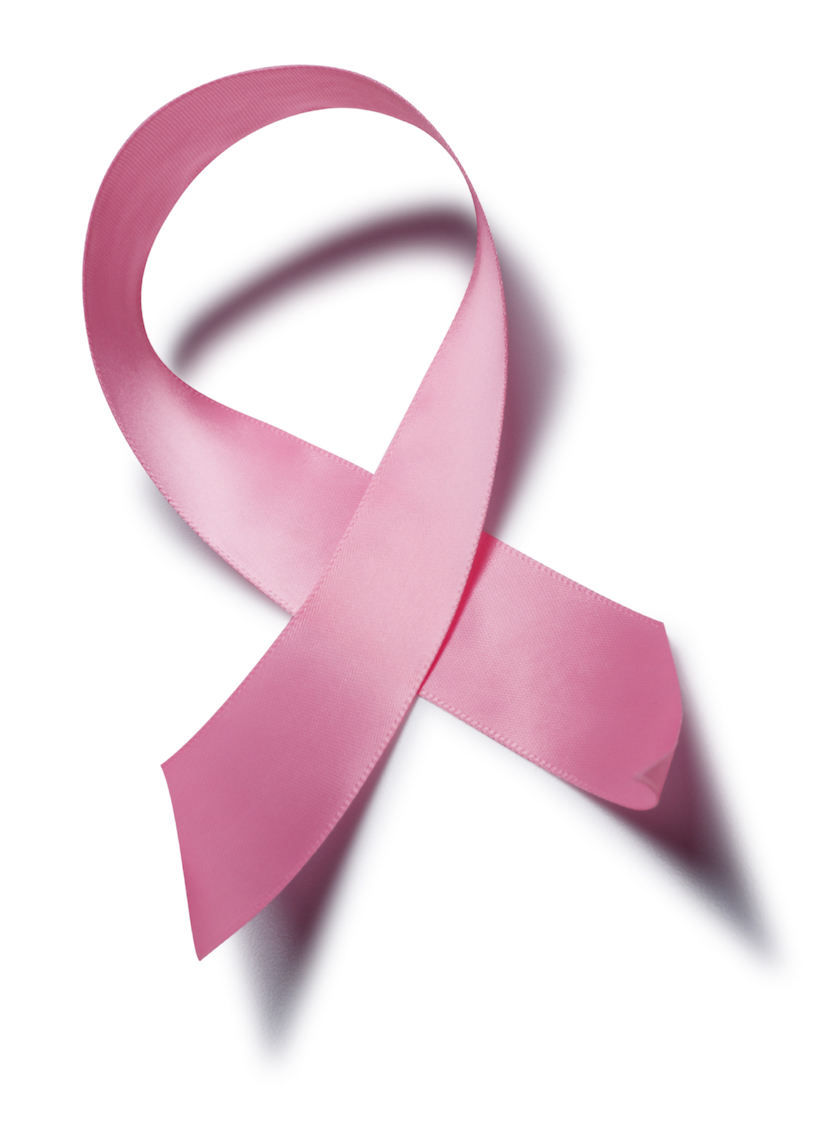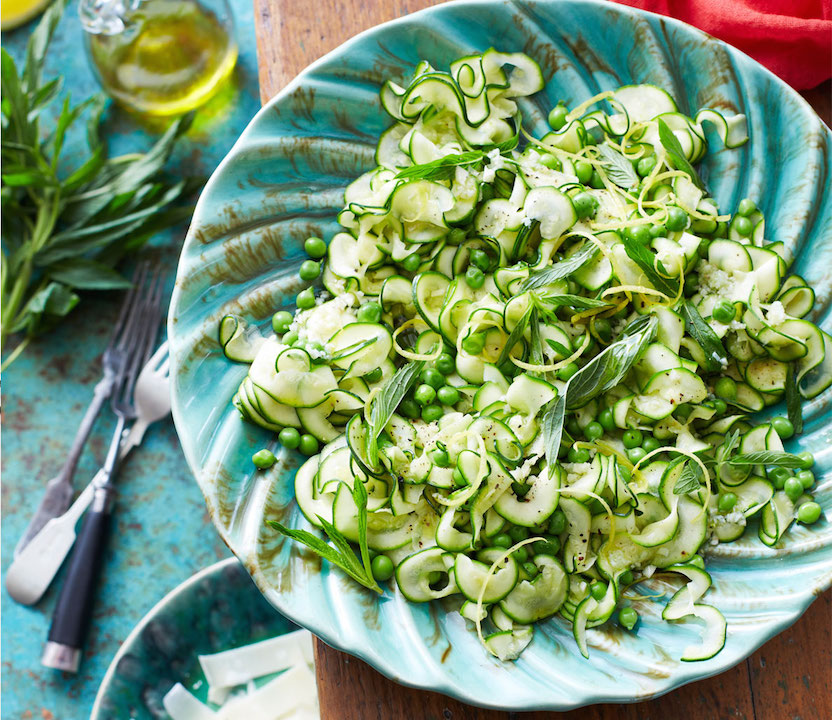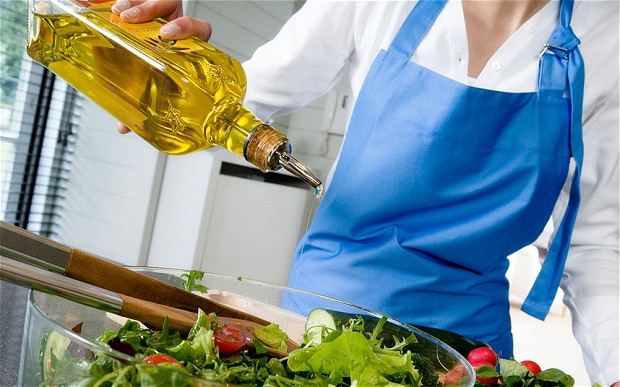Health
How Does Extra Virgin Olive Oil Prevent Breast Cancer?
Breast Cancer has been trending in the oncology wards of late. And unfortunately, not just for awareness purposes. Thousands of women are detected with breast cancer each year and many of them are unable to battle it away. But to the relief of many, there has been a new revelation to combat the onset of this ailment.
Mediterranean Medicine
According to a new study in Spain, women who consumed a hefty dose of extra-virgin olive oil as part of a Mediterranean diet were less likely to develop breast cancer over the next five years than women eating a low-fat diet.
Previous research has suggested lower overall cancer risk in Mediterranean regions, but it’s been less clear how the diet affects breast cancer risk per se. Now, the new study published in JAMA Internal Medicine finds that women who eat the famously healthy diet may also benefit when it comes to breast cancer risk, in addition to the many other known benefits, like cardiovascular, metabolic, and perhaps even cognitive and mental health.
PREDIMED Study
The study looked back at data from 4,300 postmenopausal women involved in the PREDIMED (PREvención con DIeta MEDiterránea) study, whose end point was actually cardiovascular rather than cancer risk.
The women were asked to eat a traditional Mediterranean diet, which generally consists of lots of fruits and vegetables, whole grains, fish, olive oil and a little red wine; it’s low in sweets, processed foods, meat and dairy.
On top of that, a subset of women were given a liter of extra-virgin olive oil per week for themselves and their families, while another group was given 30 gram allotments of mixed nuts, including walnuts, hazelnuts and almonds. A control group was asked to stick to a low-fat rather than a Mediterranean diet.
Results
At the end of five years, the women in both of the two Mediterranean diet groups were considerably less likely to have been diagnosed with breast cancer than women in the low-fat group.
The group that supplemented their diets with olive oil had a 68% reduced risk and those eating nuts with their diet showed a 41% reduction, but it wasn’t statistically significant. It could have been due to chance alone. But regarding olive oil, the team calculates that for each additional 5% of calories that come from olive oil, women might reduce their odds of developing breast cancer by around 28%.
Conditions Apply
But there are a few provisos in the study.
A big one is that there were only 35 cases of breast cancer in the entire group of women, which isn’t many. And despite the significant results, that may not be enough to draw meaningful conclusions.
Another is that the original study wasn’t specifically looking for breast cancer – it was a heart study to begin with – so there was no uniform screening for breast cancer. It could have been that women were being screened for breast cancer differently, depending on various factors, or not screened at all. Also, of course, it’s possible there were other differences in the groups besides the particular diets they were eating.
In Conclusion
Although ultimately, the fact that women were randomly assigned to the groups augurs well for the study, and the authors are very encouraged by the findings. They suggest that the reduction in oxidative stress on cells is one of the potential mechanisms through which the Mediterranean diet may work. They also underline that prevention may be the single best way to fight breast cancer, and diet is a central element of that strategy.
























